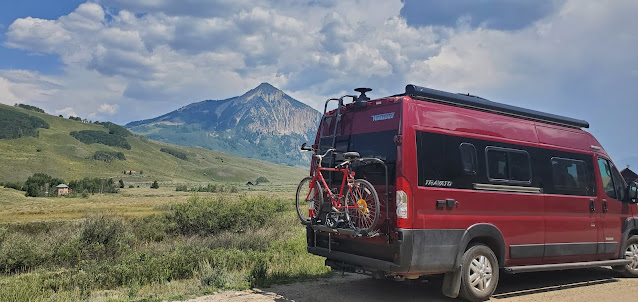"The essence of the gift [economy] is that it creates a set of relationships.... [It] opens the way to living in gratitude and amazement at the richness and generosity of the world. [It] asks us to bestow our own gifts in kind, to celebrate our kinship with the world....When all the world is a gift in motion, how wealthy we become."
---Robin Wall Kimmerer, Braiding Sweetgrass
I've kept thinking about Kimmerer's plea for a gratitude-based sharing economy instead of one rooted in buying and selling. Gratitude is powerful, we know that. Keeping a daily gratitude journal is a helpful psychological tool. But a gratitude journal alone is not transformative.Kimmerer describes going into the woods, re-introducing herself to the plants, and asking if they will share themselves with her. Ancient "pagan" cultures are said to have followed the same practice when gathering, hunting or harvesting. If you see the divine as immanent within creation, not separate from it, then this makes perfect sense.
But it seems really silly if you're "hunting" your meat on styrofoam trays, or harvesting vegetables in plastic bags.
I'm not even sure I know how to pursue this path: how to ask instead of taking, and how to listen for the answer. How to accept a ripe, wild raspberry from beside the path as a gift, and what to leave as a gift in return.
The mining museum in Creede ended with a series of displays that asked, in essence, "If you don't like the effect mining has on the environment, are you willing to give up all the things you use every day that require metals?" And there were pictures highlighting cell phones, electric wiring, appliances, and other examples.
It's a good question. What am I willing to give up? For the past five weeks, Paul and I have been driving around in a metal box, burning gasoline, leaving behind trash and waste water, filling up the tank blithely with clean water that is readily available at various campsites. During this trip, at least, we have been contributing to the ongoing climate damage of humans on this earth.
What am I willing to give up, once I acknowledge the damage I am causing?
And would it make a difference if I did?
There's a subgenre of climate fiction (which is a subgenre of science fiction, or apocalyptic fiction) that asks, "What would a post-industrial world look like?" Imagine that we are now entering a gate between geologic eras, the culmination of the Sixth Extinction, during which humanity sees vast catastrophes that wipe out a large percentage of the species and ravage industrial infrastructure through floods, fires, wars, famine and social chaos.
As painful and heartbreaking as such a period would be for us and our children, it might end in a world that looks more like pre-conquest North America. What if we could combine a relationship-based world but still leverage current knowledge of how to build things like passive houses (dwellings that are comfortable year-round without electric or gas heat and air conditioning)? What if we could find ways to eat ethically in an ongoing relationship of respect, of give and take, with both animal and plant family members? What if we quit taking whatever we want and started asking?
I don't know how we get from here to there, though. The transition is guaranteed to be painful for those who live through it.
"The essence of the gift [economy] is that it creates a set of relationships.... [It] opens the way to living in gratitude and amazement at the richness and generosity of the world. [It] asks us to bestow our own gifts in kind, to celebrate our kinship with the world."
I'm not a politician or a prophet, and I don't control the world. I can barely manage my tiny corner of it, and my crystal ball appears to be malfunctioning. Today, I looked a big-horned sheep in the eye, gazed at the Rio Grande river, and marveled at the volcanic forces that created huge black rocks riddled with air holes. As we walked on river sand deposited over those ancient volcanic flows, I thought about the immense forces of time, gravity and pressure that created these northern New Mexico mountains. I looked at a valley miles across and the tiny streambed which is all that's left to show what cut that valley.
Those immense forces are largely imperceptible by humans, day to day, but they are sufficient to shape continents. The power of invisible, airborne heat-trapping molecules like CO2 and CH4 will shape our future, too. I suppose, in the end, all we can do is try to be grateful for what's in front of us: the river, a cool night, a ripe raspberry, a kind companion.
"When all the world is a gift in motion, how wealthy we become."
Thank you, Dr. Kimmerer, for your gift of wisdom on this journey.





0 comments:
Post a Comment